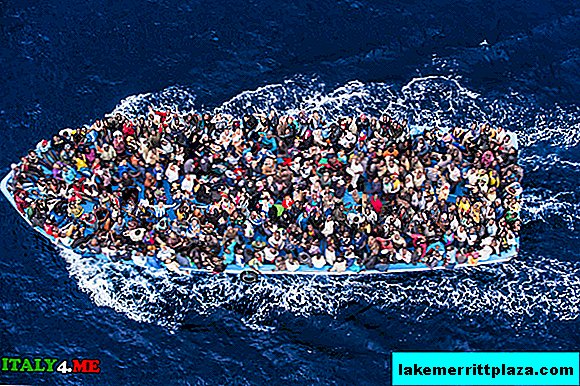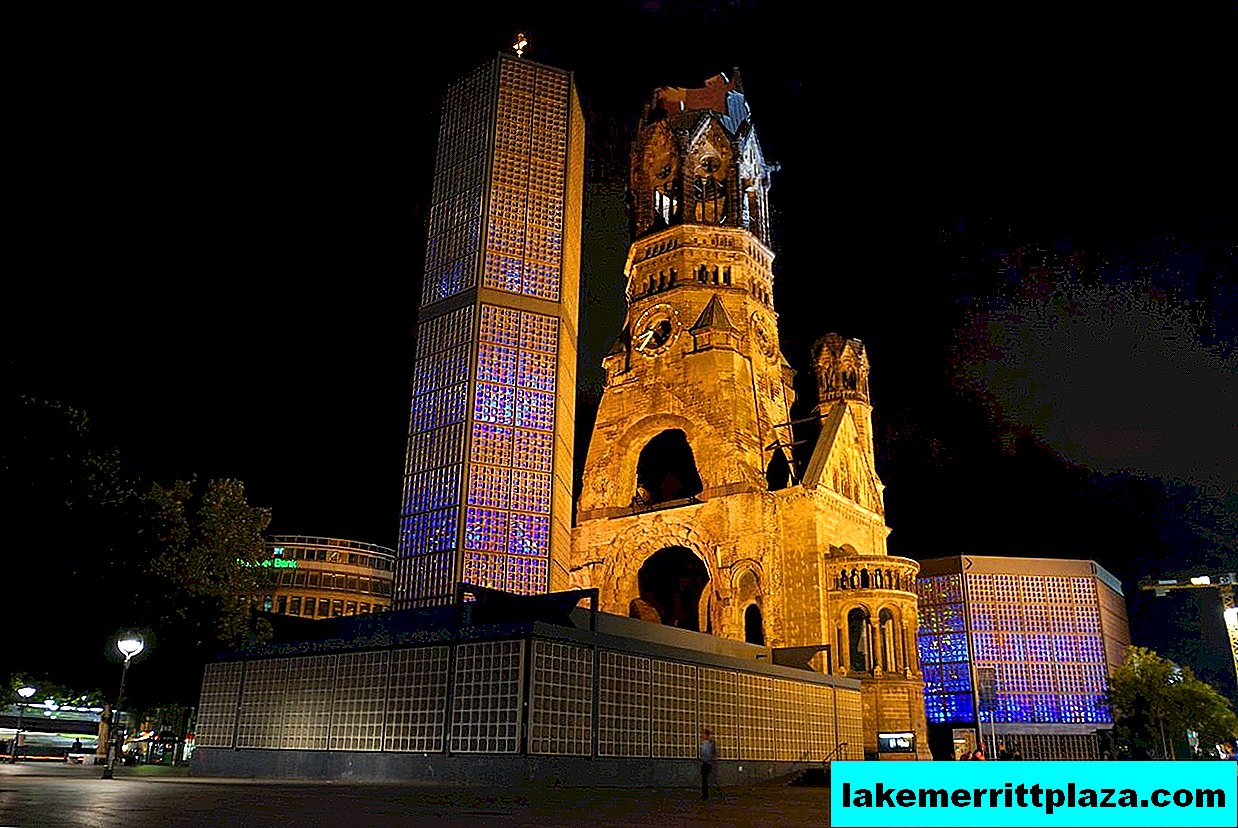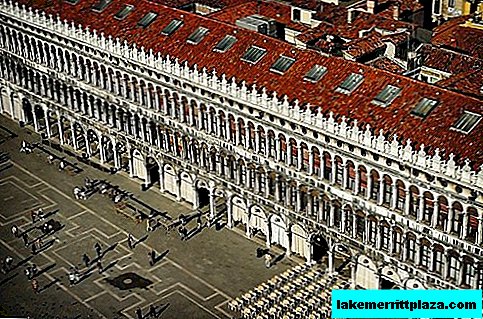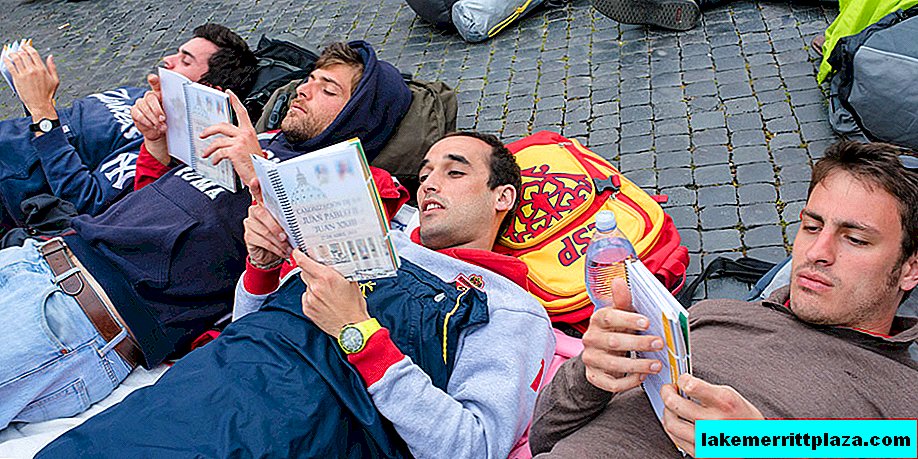A group of refugees who have arrived in Italy relatively recently complain of “monotonous” food, demanding to include dishes of their national cuisine in the menu.
For two days, a group of forty refugees who arrived at the Italian center in the province of Belluno refused to eat "pasta with tomato sauce and eggs" - a dish he kindly offered. Fastidious strangers demanded to include in the menu dishes of their national cuisine. In order to make their protest more visible, the refugees blocked one of the city streets with a huge board, placed plates of Italian food that they hated on the ground, chanting “We don’t eat it!”.
According to representatives of the refugee center, which feeds its wards with Italian dishes, almost all the participants in this unusual protest spent a little over four months in Italy. Moreover, food is far from the only thing that does not suit them in the new homeland. Not so long ago, they blocked the exit for cars of employees of the center, insisting on improving living conditions.
The protest of the inhabitants of the refugee center was met by criticism from the Italian authorities, who felt that the protesters simply had "nothing to do," so they "do all sorts of nonsense." It is worth noting that the demonstration about poor nutrition was discontinued very soon. The police officers who arrived at the scene dispersed the dissatisfied, and they, in turn, with a sense of accomplishment, decided to dine with those very hated dishes.

Antonio de Lieto, head of the Libero Sindicato di Polizia organization, representing the interests of Italian law enforcement, allowed himself to note that the protest was already an "unnecessary" measure. “Thousands of Italians live in poverty. Many of them can’t even afford to eat at least once a day. And they don’t complain that the food is not good enough for them. Moreover, when you visit your foreign friends, you "You don’t expect that you will be fed with dishes of the national cuisine of your country, right? While in England, I did not expect that my friends, inviting me to dinner at their home, would feed me spaghetti."

Sam, a Gambian migrant who has been living in a refugee center on the outskirts of Rome for more than a year, said that the food offered there usually includes a lot of pasta and also does not have a special taste. That is why many refugees even began to cook for themselves. “We need the same diet as in our homeland,” he said. Sam, who had to pay almost 4 thousand euros to smugglers to Italy, said that he would spend days exploring the Eternal City by bus. “I don’t want to sit in the center all day. I can’t work, and even if I could, I wouldn’t do it: many Italians are unemployed. As soon as I get all the necessary documents, I’ll leave somewhere. Maybe , to Germany or the Netherlands.








